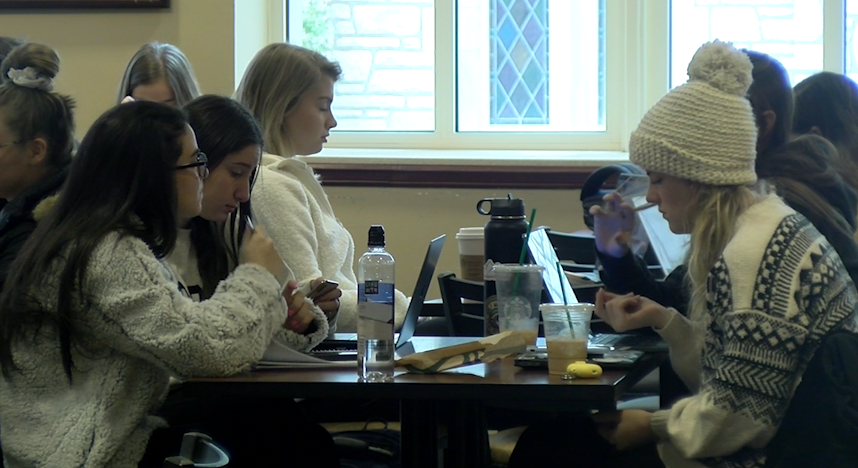College students’ personal information up for grabs under federal law

COLUMBIA, Mo. (KMIZ)
The University of Missouri receives -- and fulfills -- hundreds of requests each year for student directory information.
This information is considered public under the Family Education Rights and Privacy Act.
The university considers public directory information as the following:
- Name
- Address
- Telephone number
- E-mail address
- Major or field of study
- Dates of attendance
- Student level
- Degrees and awards received
- Enrollment status in any past or present semester (i.e. full/part-time)
- The most recent education agency or institution attended
- Participation in officially recognized activities and sports
For $150 any individual or company can request the entire student directory from the university.
Tyler Jaudes is a senior at the university studying political science and economics. He was not aware his information was public under the act.
“That’s a little, you know, uneasy right? If anybody from an organization can go in and find my information," Jaudes said. “Mainly the address, right? Is the big deal. Other than that everything else is probably OK, if they see my major, maybe my GPA, but the address is the big one."
A wide variety of companies requested directory information in a one-year span.
“A lot of these companies are typically those that have a product or a service that they want to market to students, so that maybe credit card companies, or it might be entertainment marketing companies, a television service,” MU spokesman Christian Basi said.
Some of the requests at MU were from student housing, honors societies and other universities. The university does not have the ability to whom it provides the information.
"If you are willing to pay that fee as an individual, then you have every right to that information as anyone else does. It is not restricted based on who you’re representing or the reason for why you’re asking for it," Basi said.
Students, however, have the ability to restrict their information on their MyZou account.
"A little over 2 percent of our student body has a restriction set on their account, which means that if we are requested to provide information about that student, we are not even able to confirm that that student attends Mizzou," Basi said.
Students can make their information private by clicking on "change privacy settings" on the home page of MyZou and selecting "FERPA - Restrict Release of Personal Information" and then save.
Jaudes said he does not believe many students are aware they can make their information private.
“From a student’s perspective, a lot of people only use MyZou simply to look at your bill and look at your grades, right? That’s it. So, I’ve never used it for anything other than that, so, no. It’s not something students would do," he said.
He said, despite the fact that his information being public makes him uncomfortable, he does not plan to make his information private.
Students can make their information private or public as many times and as often as they want.
"We have to run a new request every single time someone asks for it. We do not take a snapshot of the picture in the fall on a particular date," Basi said.
When a student changes their privacy settings it can take up to 24 hours to update. Students also have the ability to only make their phone number and address private.
Basi said student may want to consider making their information public if they plan on applying for jobs or scholarships.
"If you obtaining a job, running for an office, something like that, to have that information restricted may create some issues for you possibly obtaining the job if you can't confirm that you've received a degree from here," he said.
He said students can make their information public and then private again once they get the job or position.
